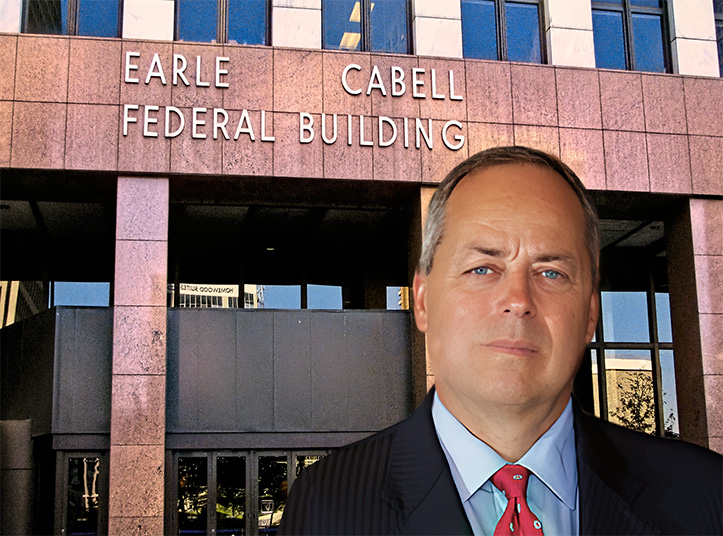
A fraud complaint was lodged against Symbiont Ventures, headed by James Goodman, alleging the company used a complex scheme to strip assets from Goodman Networks.
Scott M. Seidel, Trustee of the Goodman Networks, Inc. bankruptcy estate, has filed a detailed and compelling complaint in the United States Bankruptcy Court for the Northern District of Texas, Dallas Division, against Symbiont Ventures, LLC, formerly known as Goodman Investment Holdings, LLC.
The complaint, filed on July 29, 2024, before Judge Michelle V. Larson, alleges a complex scheme of fraudulent activities to strip assets from Goodman Networks and evade substantial financial obligations.
Several creditors thrust Goodman Networks, Inc. into Chapter 7 bankruptcy on September 6, 2022, forming the bankruptcy estate. In February, FedEx sued Goodman Networks for $81 million in what Seidel stated was a minority business product laundering scam.
The new complaint centers around Symbiont Ventures, led by James Goodman, who allegedly masterminded a series of fraudulent transactions aimed at benefitting Symbiont Ventures at the expense of Goodman Networks and its creditors.
Key allegations include:
Fraudulent Receivables: UFS, a subsidiary created by Goodman, incurred nearly $6 million in receivables from Goodman Networks between July and September 2021, which remain unpaid. These receivables stem from services provided under a transition services agreement (TSA) following the sale of a business line from Goodman Networks to UFS.
Instrumentality of Fraud: The complaint asserts that Symbiont Ventures established and used UFS as an instrument of fraud. James Goodman, who held dual roles in Goodman Networks and UFS, orchestrated these transactions, ensuring UFS lacked the means to fulfill its financial obligations to Goodman Networks.
Fraudulent Transfers: The trustee’s complaint details multiple large transfers from UFS to Symbiont Ventures while UFS was insolvent. These transfers, amounting to over $1.1 million, were made without receiving equivalent value in return and were intended to drain UFS’s assets, preventing creditors from collecting owed funds.
These transfers were allegedly made when UFS was insolvent and represented significant portions of its assets, further evidencing the fraudulent intent.
Piercing the corporate veil
The trustee contends that Symbiont Ventures should be liable for UFS’s debts. It used UFS as an alter ego, disregarding corporate separateness to perpetrate fraud. The complaint details how Symbiont Ventures completely dominated and controlled UFS, with no independent management or financial records. This means the court can hold the individuals personally liable for the company’s debts.
















